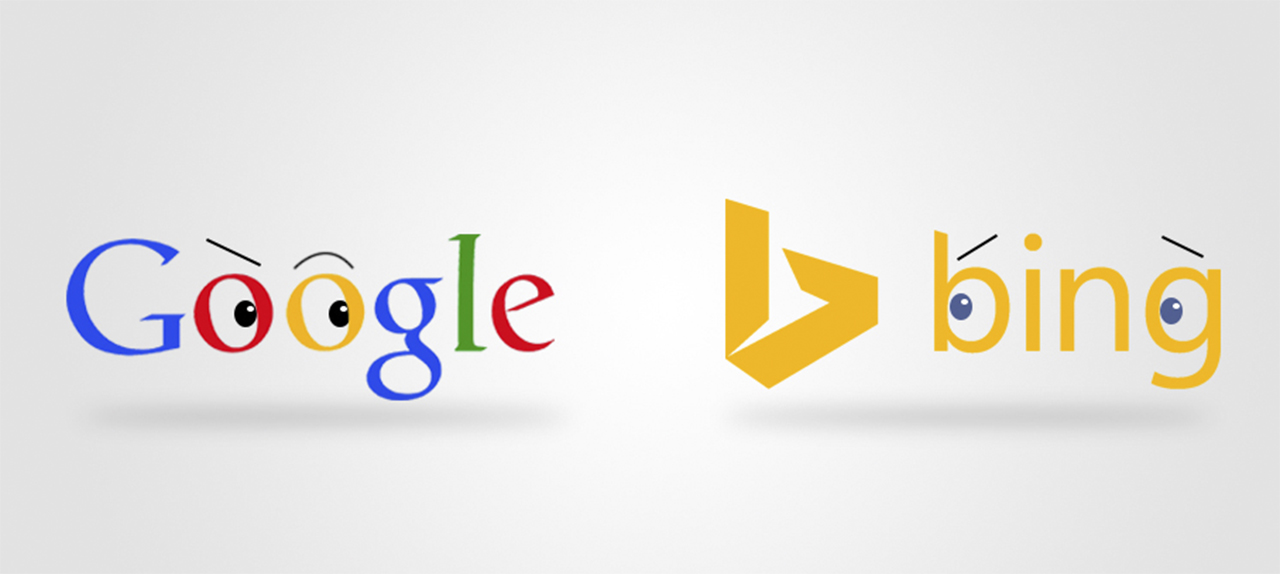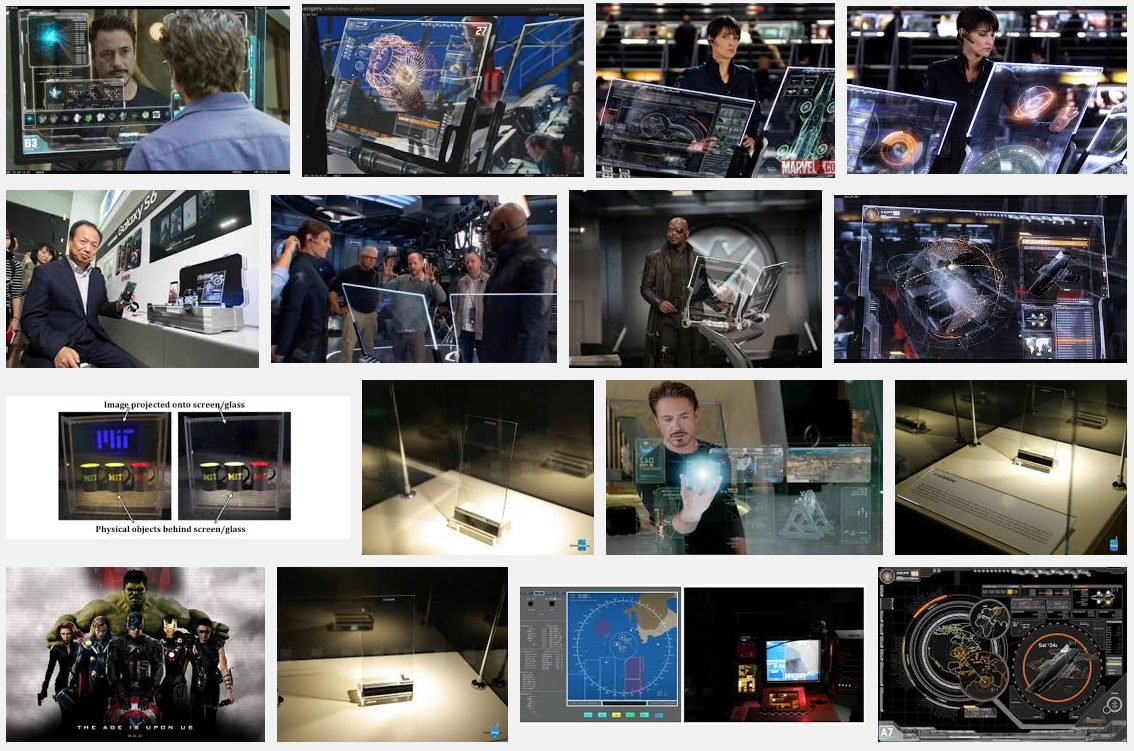Come on Bing, step it up

Everyone knows I am a big fan of Microsoft, and I am especially happy with the direction the company has recently gone; releasing their Office suite on Android and even iOS, innovating with their Surface and SurfaceBook line, I even loved their Windows phone, although I recently had to give mine up, and of course the HoloLens. I have experienced it, and it’s pretty incredible.
That also means I use Bing. Not just for the rewards program it has, which is pretty nifty, or for the nice pictures it has on its main page, and certainly not for the results which are often years old and barely relevant. No, I also use it as a form of rebellion. Bing is like the kid who’s not as popular as the other kids, but it’s because he doesn’t care that actually makes him more cool. If the others are more popular so be it, Bing does its own thing its own way.
Don’t get me wrong, I use Google a lot. But I do that because I have to. You see, although I’m a big Microsoft and Bing fan, the fact is their results just don’t work out all that well for me. The biggest problem I have with Bing results is that they are rarely timely. They are, almost always, from at least seven years ago, even for tech based results, and seven years can be a lifetime in terms of technological development. I don’t know what Bing’s obsession is with providing me results from 2009.
Other times, I’m not sure what to think.
I was reminded of this while doing an image search for the post below regarding transparent screens. I was looking for images of transparent screens being used in movies, and I typed in “Avengers transparent screens” and “Avatar transparent screens.” The results were remarkably different, and remember that this was an image search. Below, I have posted a screencap of the image-search results from Bing, and then again from Google. Whichever you prefer, it’s pretty clear whose search algorithm is giving the most relevant results.
For the image search “Avengers transparent screens,” here are the results from Google (Top) and Bing (Bottom).
For the second example, I carried out the image search “Avatar transparent screens,” and as above, here are the results from Google (Top) and Bing (Bottom).
I prefer the photo layout of Bing, and how if you scroll up in the search results the search bar automatically appears, however the results are clearly quite different. It sometimes provides accurate results, but I was shocked by how off the mark this was.
Strangely, I was unable to find any scholarly research comparing the two engines and their results, however I did find this article from 2011 showing, via Internet research firm Hitwise, that Bing’s results are more accurate than Google, whereas a more recent Lifehacker article from 2015 crowns Google the champ but not by an overwhelming margin. There seems to be no clear winner (I did notice that a Bing search on who is the better search engine overwhelmingly returned results favoring Bing, whereas Google was more neutral). Ironically, if you search “Bing Google” in Bing, the first result is Google and the second is Bing.
This is clearly not a comprehensive evaluation of search results, it is merely something I noticed while writing my previous post. Bing does give relevant results quite often, and I prefer how it presents results of certain focused searches by providing relevant info or data (time, scores, definitions, flights, etc.) right at the top, and its Santa-tracking on Christmas is second to none. I suppose I’ll just have to keep using both.




